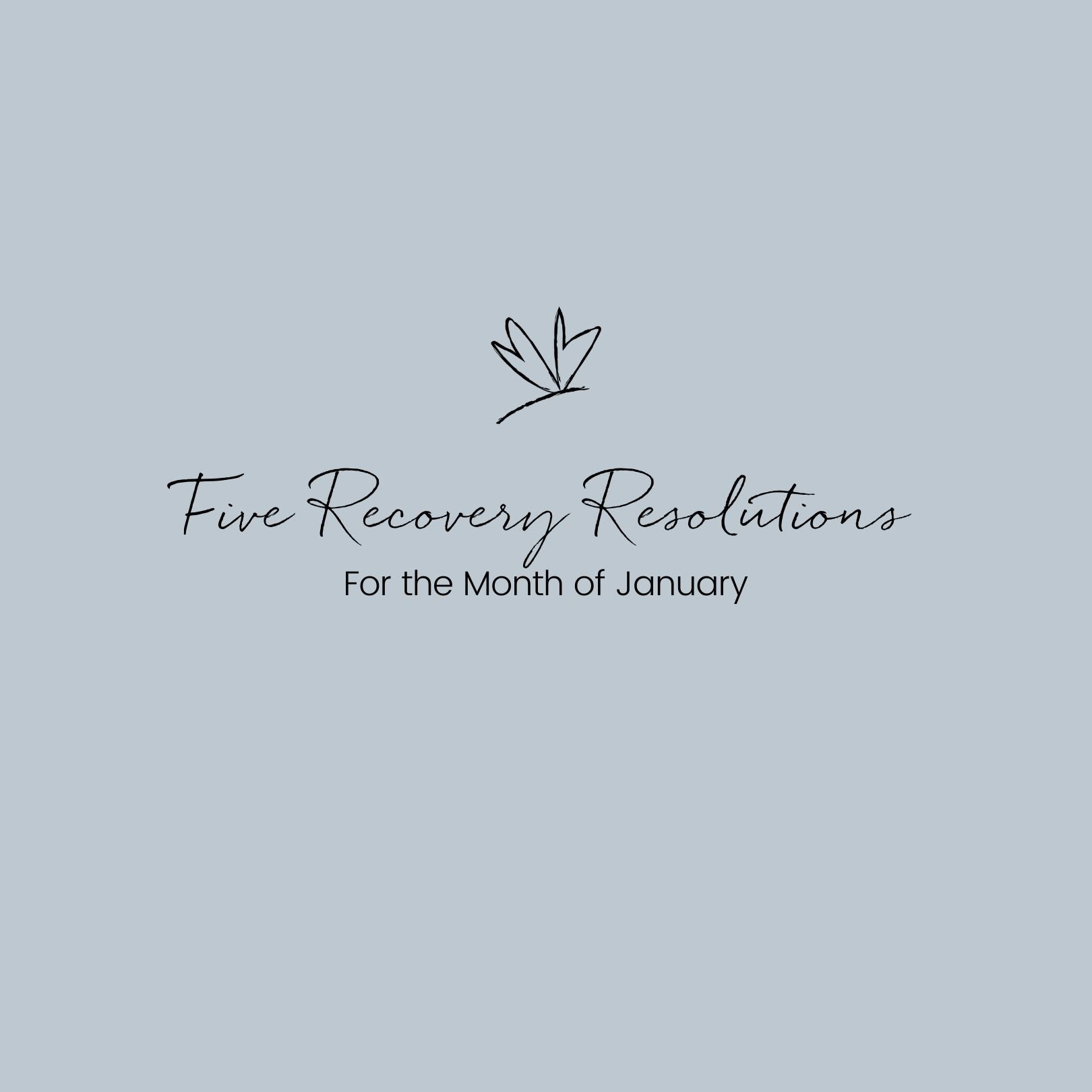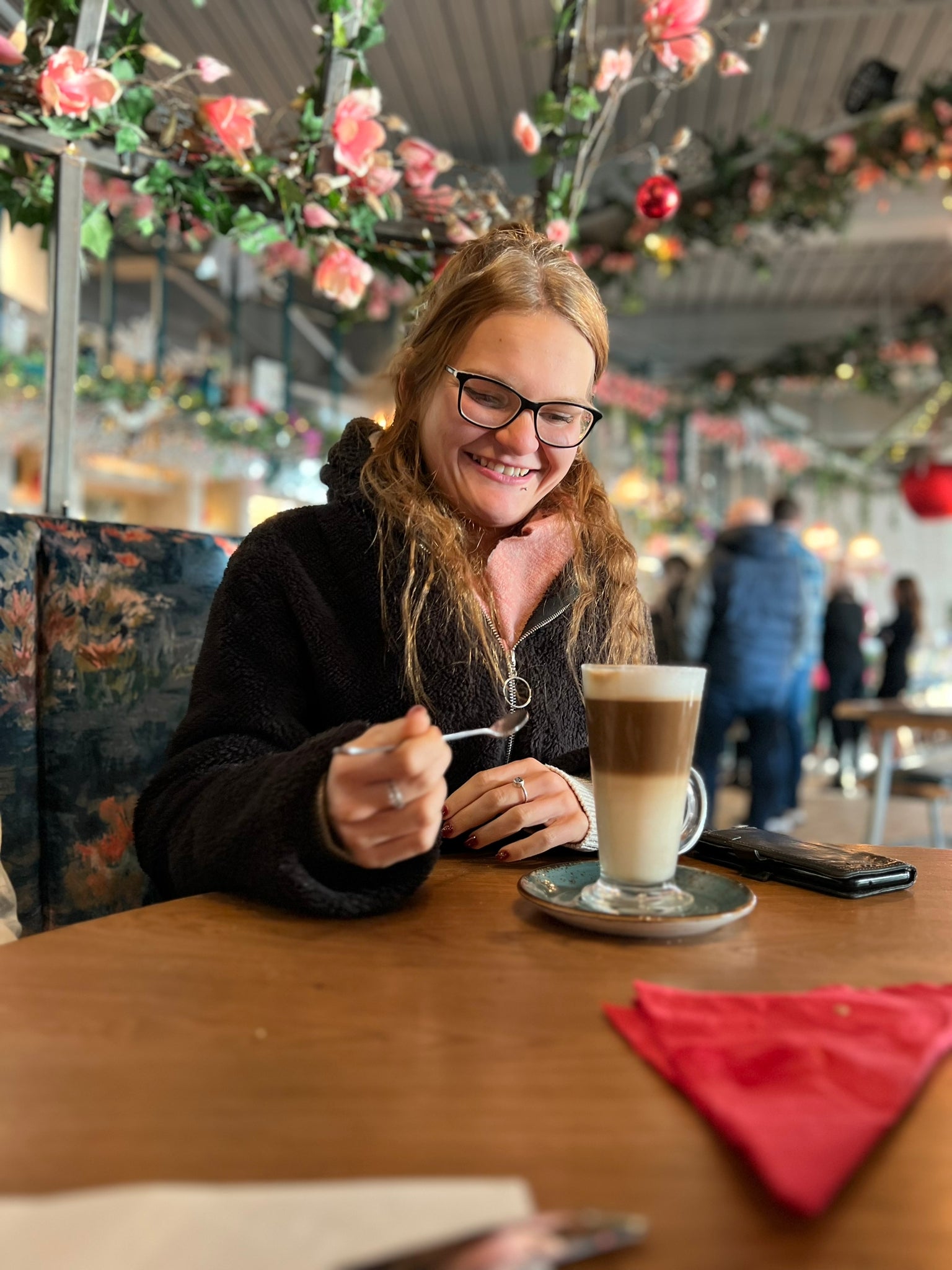Moving Beyond An Uncomfortable Past is Key to Freedom
Our latest first-person blog comes from Abi and is a real soul-bearing insight:
“By allowing our bodies to exist at the weight they want and need to be, we aren’t doing anybody any harm”
As a people-pleasing daughter of an emotionally-abusive mother, when I heard this recently, it really hit home. I spent my entire childhood - and a fair chunk of my early adulthood – unconsciously believing that my sole purpose in life was to avoid causing discomfort to others. To avoid being, acting, speaking, eating, expressing, prioritising, appearing, needing… even breathing in any way that might cause bother, upset, inconvenience, or physical or emotional discomfort to any other person, and especially to those I loved, or knew I was expected to love.
My eating disorder started late and out of the blue, and it has taken a lot of time, tears and skin-crawling honesty with my therapist and with myself to even begin to understand the many and varied things which may have contributed to its onset. There’s no simple answer, of course, but an overarching theme in what we came up with was a fear of feeling things which might lead me to behave in a way that *might* make others feel…well…anything that wasn’t 100% comfortable. In my childhood home, emotions - and especially messy ones - were prohibited; not explicitly, but the squirmingly-unpleasant consequences of expressing them were enough to make it very clear that they were not welcome. Emotions, sometimes even happy ones, made my mother uncomfortable, angry and disappointed in equal measure. Daring to express anything that might possibly be construed as greedy, selfish or at odds with anybody else’s needs or wishes felt impossible and simply not worth the feelings of guilt, shame and hurt that inevitably followed.
But as an adult, the cumulative effects of that emotionally-stifling upbringing weren’t sustainable. I couldn’t continue to feel ashamed of or deny the existence of my own needs and feelings indefinitely – that’s not really living. And in my twenties I experienced a lot of Big Stuff – bereavements, illness, financial uncertainty, numerous moves around the country, caring responsibilities and all the rest of it – and the difficult emotions those things threw up were too much to just ignore and suppress. For me to continue to numb myself sufficiently to make sure that I didn’t cause anyone any bother or express emotions or needs which might come at even the slightest cost to another person, I was going to need some help. And that “help” appeared in the guise of an eating disorder: “managing” and distracting myself from my noisy, angry, resentful and hurt mind by making myself smaller. Restricting what I ate, tracking calories, watching numbers go up on the treadmill counter and down on the scale. Yes, it took me further away from my true self and from the people I genuinely loved and who loved me, but I told myself that at least this way I wasn’t making people feel worried or guilty or like I was making a fuss.
To cut a long story short, that did NOT go well. My eating disorder ruined my life, damaged my relationships and dragged me to a place that can only be described as psychiatric rock bottom. I knew I needed to recover. I needed to feel the feelings and sit with the distress and survive the sensation of worrying or upsetting others and experiment with how my emotions might play a different role in my future life. And 2 years into recovery, I’m starting to get there. I have survived enough excruciatingly awkward discussions and revelations with loved ones and medical professionals, hysterical sobbing in cafes, challenges to my engrained self-sacrificing and people-pleasing habits and moments of acknowledging and acting on my own needs, for my messed-up mind to have learned that occasionally putting other people out or accepting offers of childcare from friends or getting angry about things other people have done which have negatively impacted upon you, or saying no to a meeting because you’re desperately in need of a moment’s respite is NOT the end of the world and does not make you a terrible person. Doing these things has not made me unworthy of love, respect or support – in fact, my relationships with people I care about are so much stronger for the shared honesty, mutual respect for each other’s needs and general willingness and ability to make myself vulnerable that challenging both my eating disorder AND the belief that my emotions are not a valid or valuable part of my place on this planet has required and facilitated.
And to come back to the title of this piece; while I’m still exploring, experimenting and learning to honour and trust the aspects of myself which allow me to express and acknowledge my own needs and desires without guilt, fear or shame, a wee reminder that gaining weight, letting my body ‘be’, and taking up a bit more space isn’t causing anybody any harm (even if that body doesn’t end up fitting with society’s pretty warped view of what makes a person “healthy”, “disciplined” or “good”) is a gentle and harmless nod of farewell to some of the thoughts and habits I am choosing to leave behind, but which did their best to protect me somewhere in my past.
- Feb 2021





